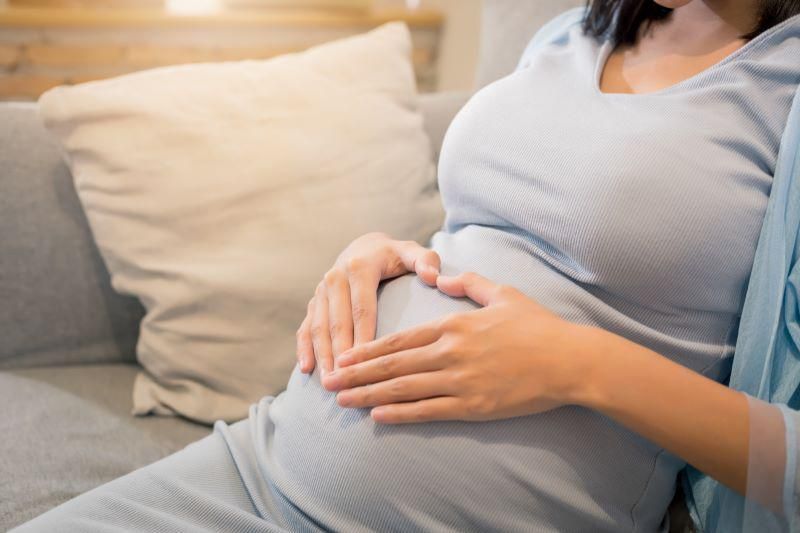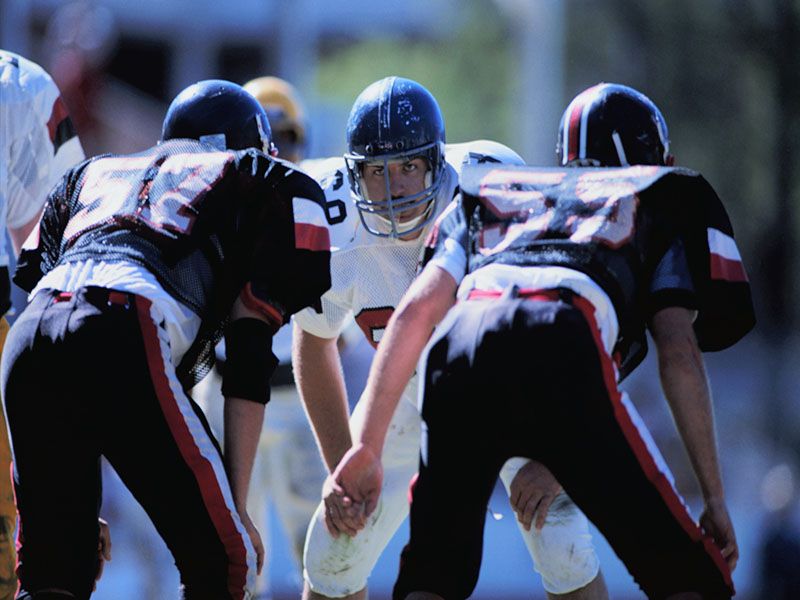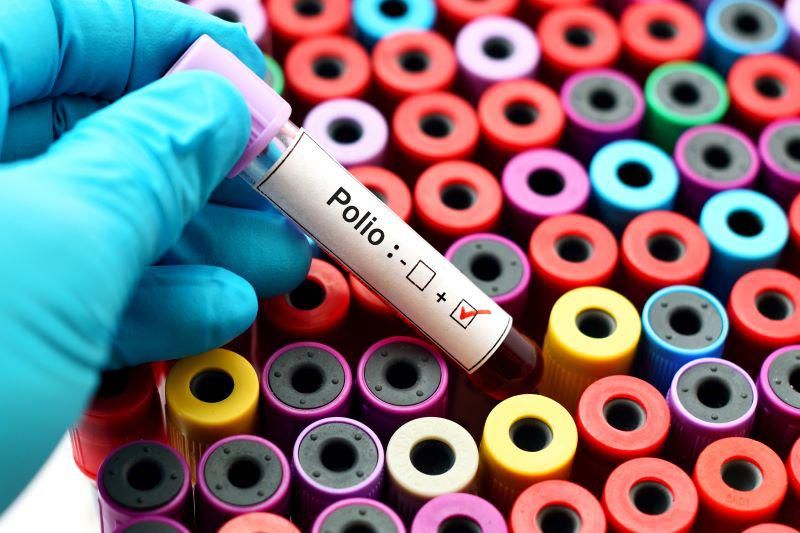
MONDAY, Aug. 15, 2022 (HealthDay News) – Monkeypox could soon get a new name. The World Health Organization announced Friday that it plans to rename the condition to eliminate any derogatory or racist connotations, a decision in alignment with current best practices for naming diseases. “The naming of virus species is the responsibility of the… read on > read on >


















